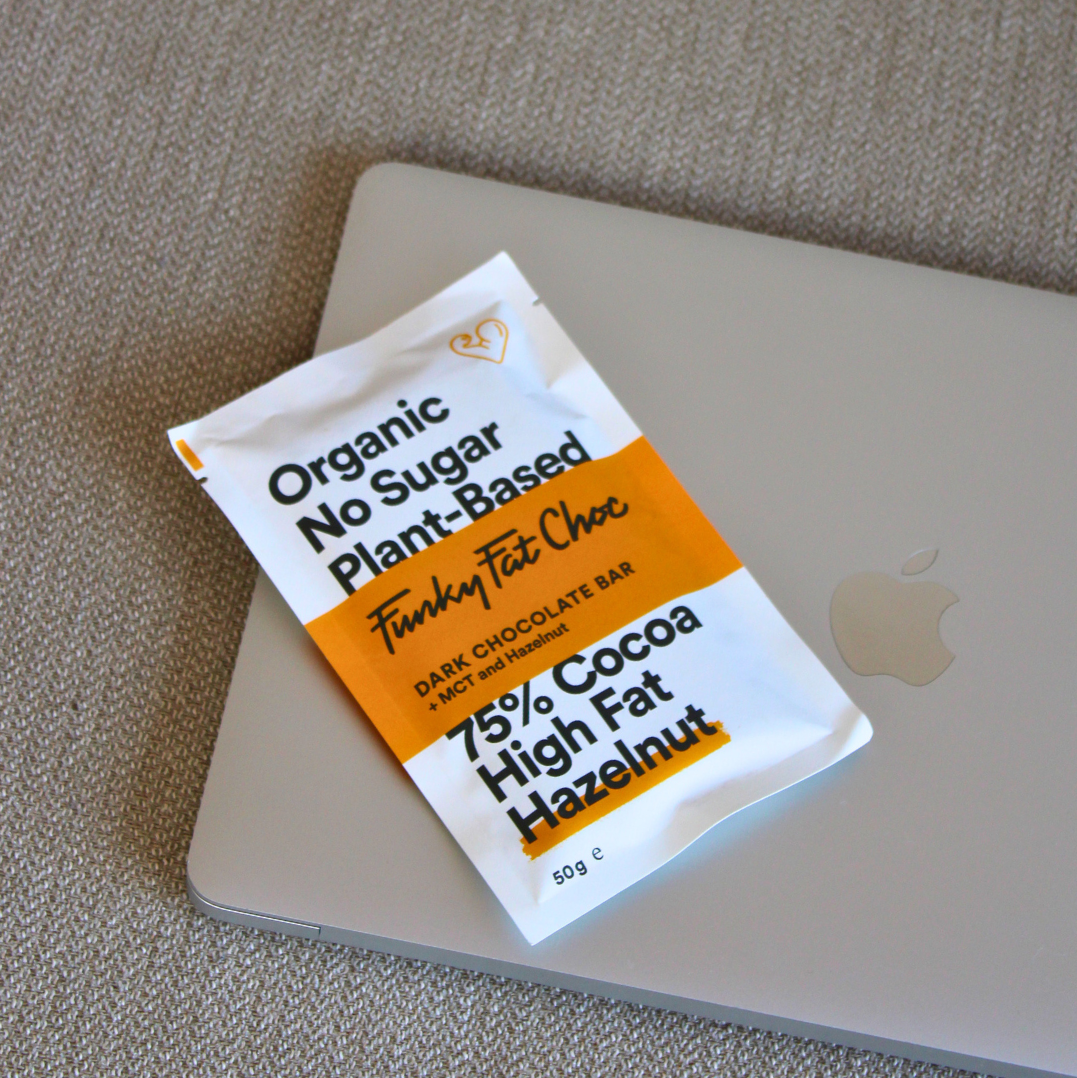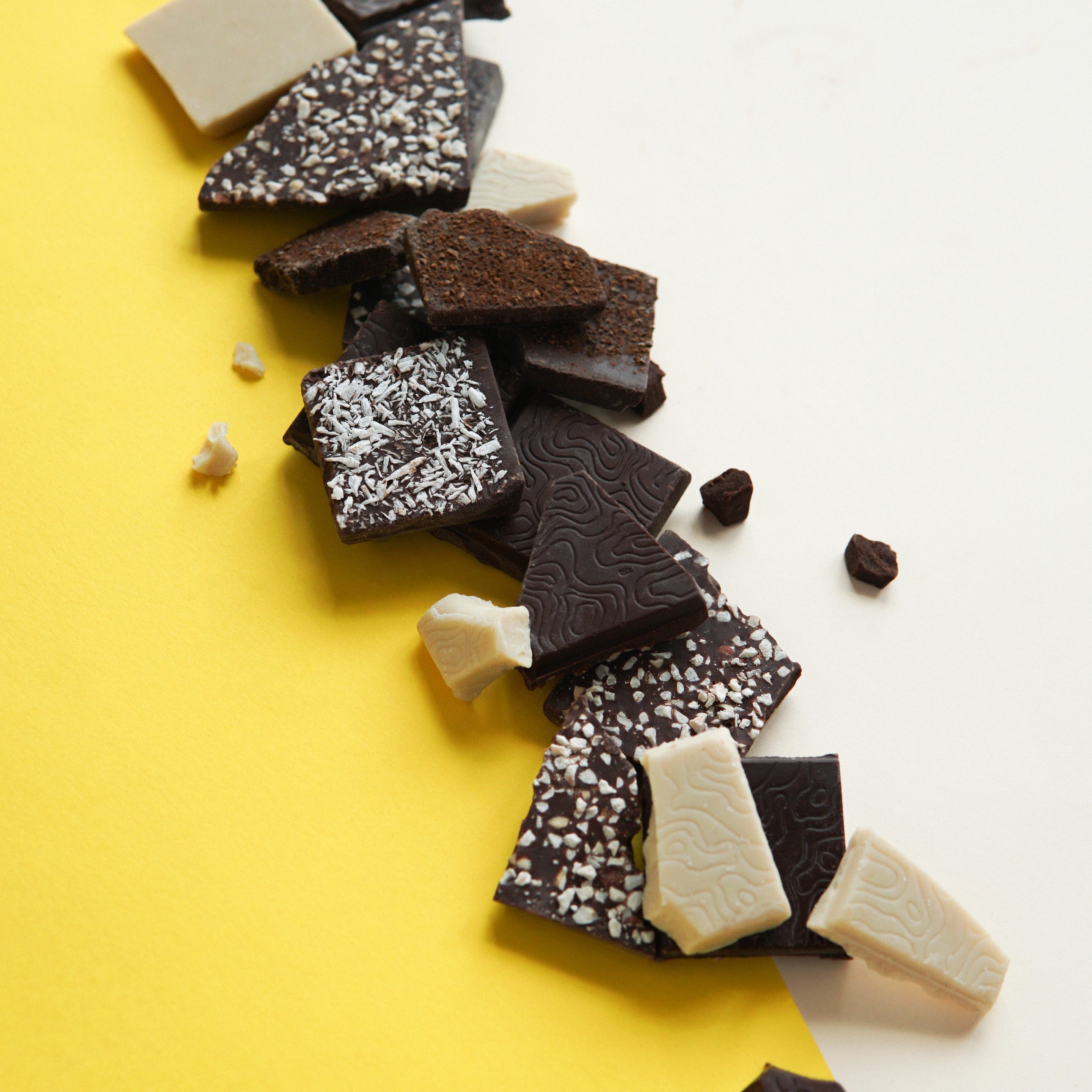Between 50 to 60 percent of the human body is made up of water, so it is pretty evident that we need to stay hydrated in order to function correctly. Actually, when you lose a few kilos of water weight, your health can be affected if not replenished properly.
Water is so vital to us and our overall health, that dehydration affects different parts of our bodily functioning, especially one that’s most important to our longevity: blood sugar levels. In today’s article, we’ll discuss dehydration and its impact on your blood sugar levels.
Why is water so important?
All human beings need a basic amount of water for survival. If your body is not hydrated properly then it could enter a state of dehydration, and you’ll see several impacts on cognitive function, blood pressure, heart rate, body temperature, and more. But we’ll talk about these effects later in this article. For now, let’s see why water is so essential for the proper functioning of the human body.
Hydration
Water is a critical component of bodily fluids, including blood, lymph, and digestive juices. It helps maintain the balance of electrolytes, which are essential for various physiological processes:
- Cell Function. Water is involved in many cellular processes, such as transporting nutrients into cells and removing waste products. It helps maintain the structure and integrity of cells, allowing them to carry out their functions effectively.
- Cognitive Function. Dehydration can impair cognitive functions such as concentration, alertness, and short-term memory. Staying hydrated can help maintain optimal brain function.
- Blood Circulation. Blood is primarily composed of water, and adequate hydration helps maintain blood volume and circulation. Proper blood circulation ensures that oxygen and nutrients are efficiently transported to cells.
- Skin Health. Drinking enough water helps keep the skin hydrated, which can contribute to a healthy complexion and may reduce the risk of skin issues like dryness and acne.
- Weight Management. Drinking water before meals can help control appetite and reduce calorie intake, potentially aiding in weight management.
- Muscle Function. Proper hydration is essential for muscle function and can contribute to better physical performance during exercise.
- Temperature Regulation. Water helps regulate body temperature by dissipating heat through processes like sweating and respiration. When you sweat, water on your skin evaporates, cooling your body down.
- Detoxification. Water is essential for the kidneys to filter waste products from the blood and excrete them as urine. Adequate water intake supports proper kidney function and helps remove toxins from the body.
- Digestion and Nutrient Absorption. Water plays a vital role in digestion by aiding in the breakdown of food and the absorption of nutrients. It helps dissolve nutrients and deliver them to cells throughout the body.
Symptoms of dehydration
Dehydration happens when your body loses more fluids than it takes in, leading to an inadequate balance of water in your system. Recognizing the symptoms of dehydration is crucial, as it can range from mild to severe and may have significant health implications.
Mild dehydration symptoms often include a dry or sticky mouth, increased thirst, and dark yellow urine. As dehydration progresses, you may experience a decrease in urine output, fatigue, dry skin, dry or sunken eyes, and a headache. You might also notice muscle cramps, as proper hydration is essential for muscle function. You may feel dizzy, lightheaded, or confused, and your mouth and throat could become extremely dry.
Severe dehydration is a medical emergency and requires immediate attention. Symptoms at this stage may include all the previously mentioned symptoms but more intense. In addition, you might experience a significant drop in blood pressure, rapid breathing, rapid heartbeat, fever, delirium, and unconsciousness. Severe dehydration can lead to life-threatening complications such as heatstroke, kidney failure, and seizures.
How dehydration can spike your blood sugar
As strange as it may sound, dehydration affects your blood sugar levels, potentially leading to spikes in glucose concentrations. The relationship between dehydration and blood sugar is complex. But, basically, when you're dehydrated, your body's overall fluid balance is disrupted, which can affect blood circulation and the way your cells respond to insulin. Insulin is a hormone produced by the pancreas that helps regulate blood sugar by facilitating the uptake of glucose into cells. Dehydration can interfere with insulin's effectiveness, leading to elevated blood sugar levels. To sum up, what happens when you are dehydrated is that you have less water in your system, so as a consequence, the sugar you have in your system is more concentrated.
Now, let’s see how dehydration can contribute to spikes in blood sugar:
- Decreased Insulin Sensitivity. Dehydration can reduce the sensitivity of your cells to insulin, making it harder for glucose to enter the cells. This can result in higher levels of glucose remaining in the bloodstream.
- Hormonal Imbalance. Dehydration triggers the release of stress hormones, such as cortisol and glucagon. These hormones can stimulate the liver to release stored glucose into the bloodstream, contributing to elevated blood sugar levels.
- Reduced Kidney Function. Dehydration puts stress on the kidneys, which are responsible for filtering waste products from the blood, including glucose. When dehydrated, the kidneys may not function optimally, leading to increased blood sugar levels.
- Gluconeogenesis. Dehydration can stimulate a process called gluconeogenesis, where the liver produces glucose from non-carbohydrate sources, such as amino acids. This can lead to higher blood sugar levels.
- Impaired Glycogen Storage. Dehydration can hinder the storage of glucose as glycogen in the liver and muscles. Without proper hydration, glycogen synthesis may be compromised, resulting in higher blood sugar levels.
It's important to note that while dehydration can contribute to temporary spikes in blood sugar, long-term management of diabetes or blood sugar control issues requires a holistic approach, including proper hydration, a balanced diet, medication (if prescribed for type 1), and regular monitoring of blood sugar levels.
How to stay hydrated during the summer?
As you’ve seen by now, it’s vital to stay hydrated, especially during summertime or when working out. So here are some tips to stay properly hydrated during the summer (or anytime for what matters). This will also help you support weight loss and maintain stable blood sugar levels.
Drink Water Regularly
Aim to drink water throughout the day, even if you don’t feel thirsty. A great thing you can do is have a reusable water bottle by your side all the time, and carry it with you wherever you go, this way it’ll be easier for you to remember to drink water. If this doesn’t work, you can try to set reminders by setting an alarm on your phone every hour to remind you to drink water.
Drink water when exercising
If you’re an active person and you exercise regularly, remember to drink water before, during, and after the workout session. Water loss through sweat can be significant during exercise, so replenishing fluids is crucial. If you engage in intense physical activity or spend a lot of time outdoors and lose a lot of fluid, consider using electrolytes-replacement drinks or supplements to replenish lost salts and minerals.
Consume hydrating foods and limit salt consumption
Eating water-rich foods like fruits and vegetables will contribute to your overall hydration. Watermelon, cucumber, oranges, and strawberries are great options. Also, when cooking try to remember to limit salt intake. High sodium consumption can contribute to dehydration. Be mindful of your salt intake, especially during hot weather.
Limit alcohol, sugary drinks, and caffeine
Alcoholic and caffeinated beverages can contribute to dehydration. If you consume them, balance them with an increased intake of water. Also, sugary beverages like soda and fruit juices can lead to imbalanced hydration, as well as spiked blood sugar levels due to the amount of added sugars they contain, so it’s best if you avoid them.
Seek shade and cool environments
Being exposed to direct sunlight and heat for too long can affect the rate of fluid loss through sweat. Spending lots of time in the sun not only affects your skin but also causes your glucose levels to fluctuate since your body needs to work harder to cool off. So it’s important to take breaks from the sun and stay in the shade for a while as well as drinking enough water to avoid adding extra stress to the body.
Conclusion
The relationship between hydration and blood sugar levels is a crucial aspect of overall health. Dehydration disrupts various bodily functions, affecting everything from cognitive performance to blood circulation. Surprisingly, dehydration can also lead to spikes in blood sugar levels due to its impact on insulin sensitivity, hormonal balance, kidney function, glucose production, and glycogen storage. Recognizing this connection emphasizes the importance of maintaining proper hydration, particularly during hot weather or exercise. By incorporating regular water intake, choosing hydrating foods, moderating alcohol and caffeine consumption, seeking shade, and staying mindful of salt intake, individuals can support both their hydration and blood sugar management. This integrated approach underscores the intricate interplay between hydration and blood sugar, fostering a healthier lifestyle and minimizing potential health risks.





Leave a comment
All comments are moderated before being published.
This site is protected by hCaptcha and the hCaptcha Privacy Policy and Terms of Service apply.